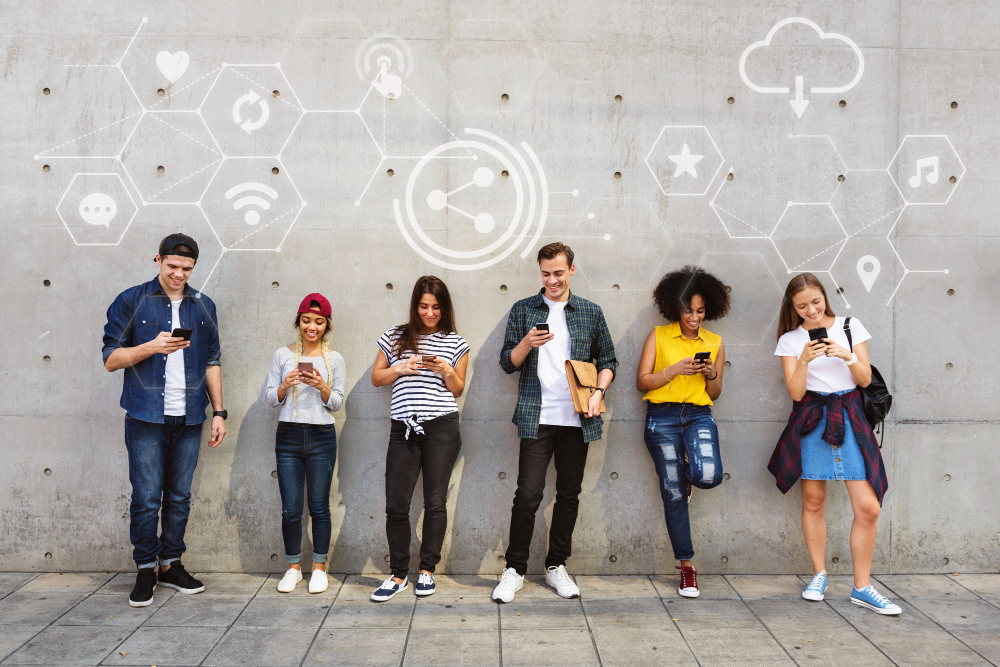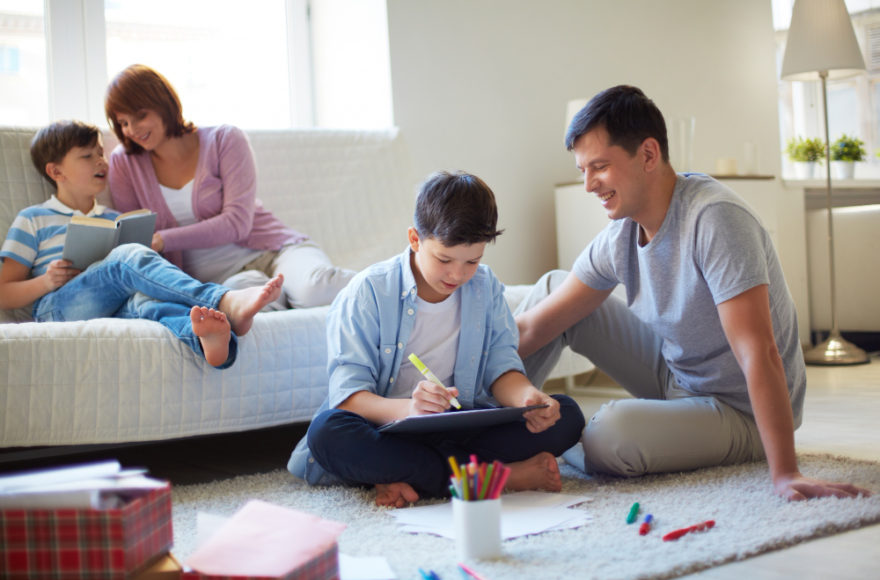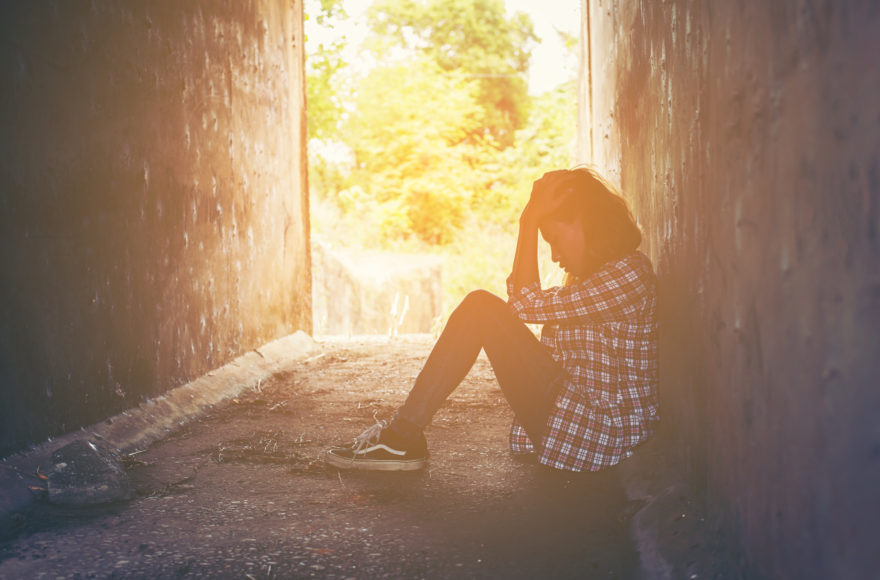Social Media & Teenagers- How Digital Transformation impacts teenagers?

With the technological revolution, social media platforms have become an integral part of our society. Millions of new users are joining social media every month, and the impact of social media on teenagers is very aggressive.
According to research, 63% of teenagers admit to using social media every day, out of which 45% use the internet almost constantly.
Just like every technological innovation, social media can be both a boon and a curse. Social media platforms provide a wide array of advantages which include gathering valuable information from educational media, building social relationships, sharing creative ideas with friends, and keeping themselves updated about current affairs.
When used correctly, social media can be a blessing for today’s generation. But, unfortunately not everyone uses social media in the correct way, due to which the adverse effects overpower the positive ones.
In this article, we have mentioned how increased dependence on social media can negatively affect the lives of teenagers & how parents can minimize these negative impacts.
Impact of Social Media On Teenagers
Increased Reliance on Indirect Communication
Earlier, teenagers used to spend their free time in the company of their friends at malls, parks, or sports arenas. By doing so, they are exposed to opportunities where they can try out skills, make new friends, and gain tons of knowledge with real-time interactions.
With increased reliance on indirect communication, today’s generation is missing out on face-to-face interactions and new real-time interaction opportunities, which can help them develop good communication and public speaking skills.
Moreover, the indirect nature of communication creates barriers to interaction and negatively affects teenagers’ ability to express their emotions and thoughts in real life.
Cyber Bullying
On social media, it gets really easy to be mean. Behind the screens, people often don’t hesitate on making comments that they would never make on someone’s face. This can increase the chances of both – teenagers becoming bullies as well as getting bullied.
Bullying can adversely impact both physiological and physical health, and cyberbullying can be especially damaging. Unlike traditional bullying, cyberbullying isn’t limited to certain places like schools and colleges and known bullies. It can occur 24/7, and since escaping consequences is very easy, the severity of bullying can be far worse on online platforms than offline.
Lower self-esteem
It is no secret that on social media, almost everybody’s life is perfect. Social media platforms are flooded with people with “perfect bodies” and ‘perfect lives. This sets unrealistic expectations in teenagers and negatively affects their self-esteem.
Teenagers today are constantly comparing their bodies and have started validating themselves with the number of likes and comments they are receiving.
In the era of supposedly flawless lives of influencers and YouTubers, the levels of ‘body positivity and self-confidence in teenagers are deteriorating, and so is the overall mental health of youngsters.
Addiction
How many times do you open a social media app and end up spending hours scrolling through the feed and watching random posts? Quite often, correct?
Studies show that both teens and adults are likely to check their phones approximately 150 times a day. This reflects how powerful the draw of social media is. Due to an addiction to online presence, teenagers often end up negatively impacting their real-life relationships. Today, many teenagers find it increasingly difficult to maintain healthy friendships and relationships due to constant distractions and lack of attention.
How to Minimize the Negative Effects Of Social
Media
It may not be possible to avoid social media entirely, but there are specific techniques that you can use to encourage responsible social media usage. By using social media responsibly, teenagers can minimize the negative impacts while taking advantage of the benefits it offers.
Limit Screen Time –
Using social media for entertainment is OK, but if your child is preoccupied with social media almost every hour of the day, it can impair their ability to focus on other tasks. Talk to your teen about setting screen time limits so that they can focus on other activities, sleep, meals and homework. Set an example for your child by switching off electronics at least one hour before bed and following a bedtime routine. If possible, keep phones and tablets out of teens’ bedrooms at night.
Teach social media conduct
Since social media is an inevitable part of forming social relationships these days, you need to have a conversation with your teenager about the appropriate social media conduct. Discourage them from indulging in bullying, spreading rumors, participating in baseless feuds, and damaging someone’s reputation. Teach them what is OK and what is not.
Monitor your teen’s account
Parents often try to invade their kids’ privacy by checking their social media accounts without their knowledge, which is inappropriate. Let your kid know in advance that you will monitor their accounts and explain it for their good.
Encourage social detoxing
This is incredibly beneficial for teenagers and adults alike. Encourage your kids to go outdoors and spend real time with their friends. You can even plan a family weekend getaway where all the family members practice social media detox and use their electronic devices for emergencies only.



